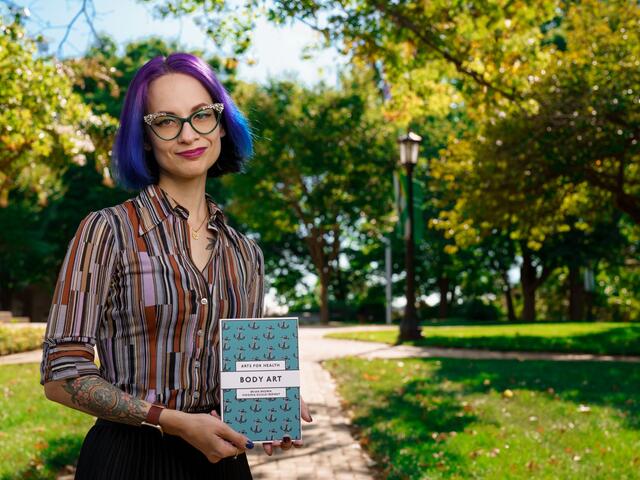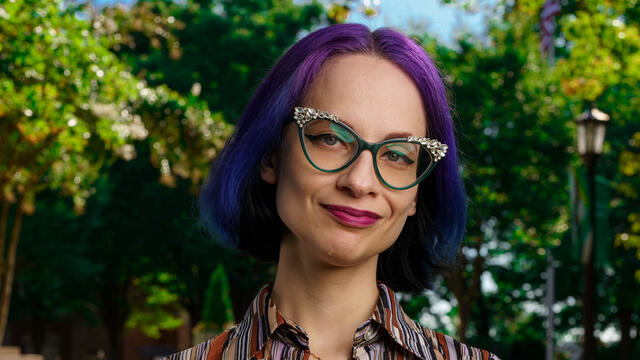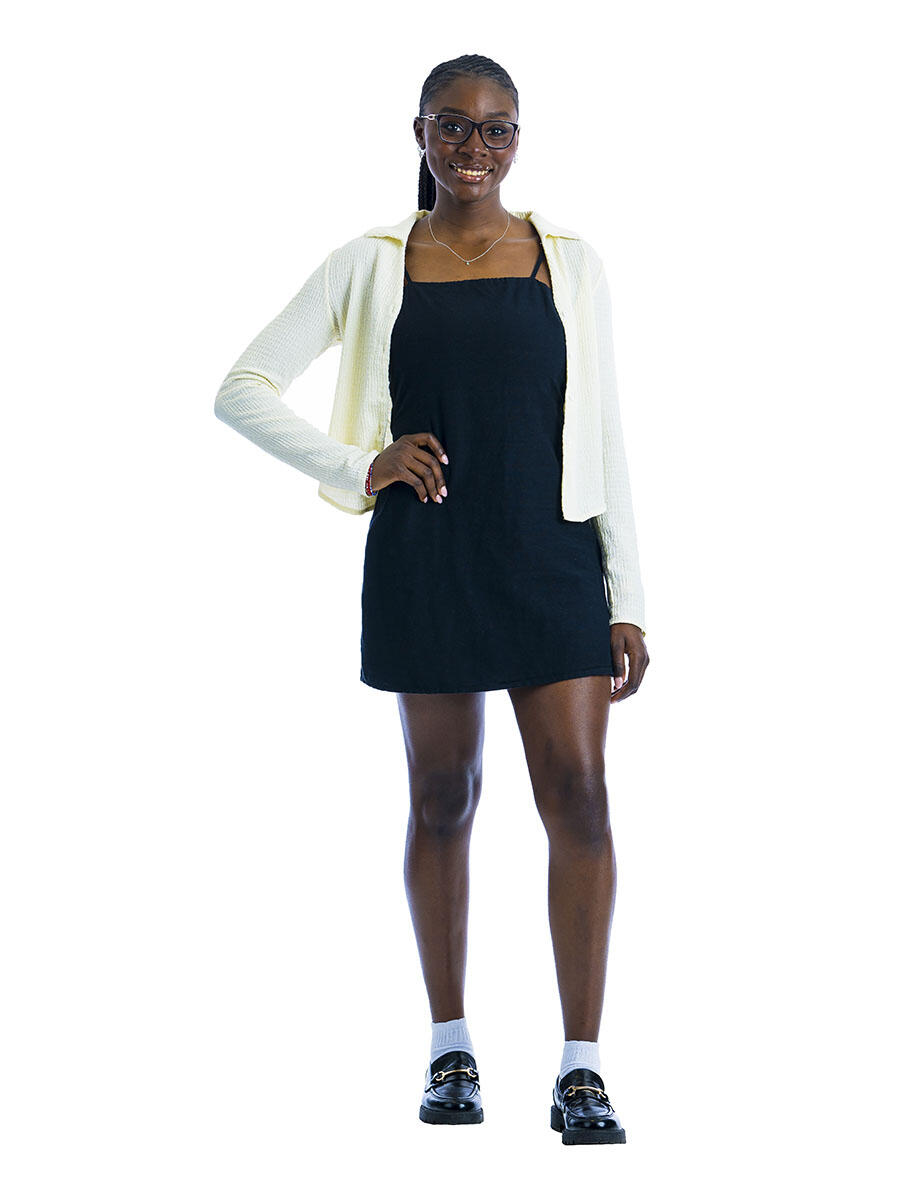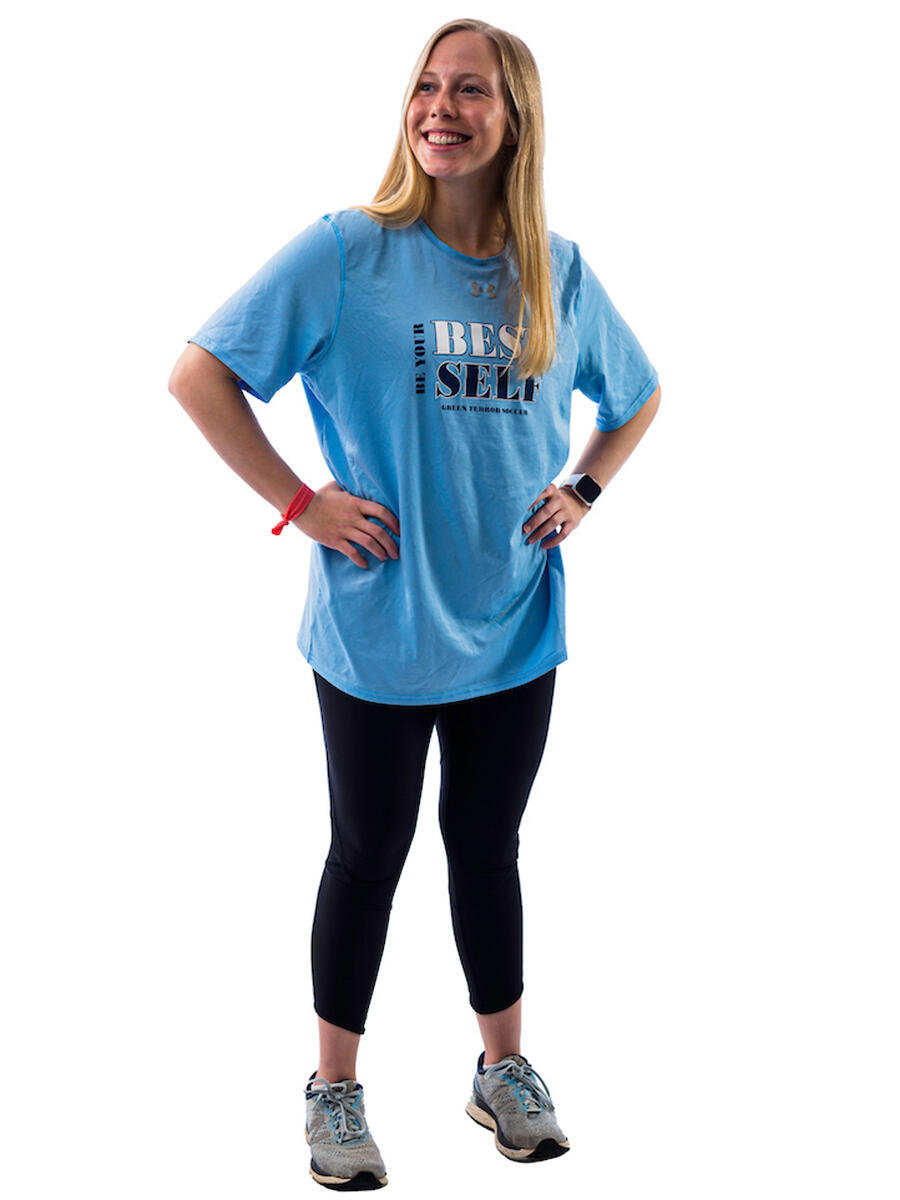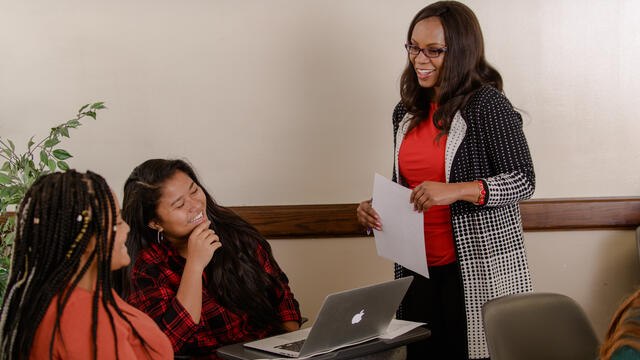Assistant Professor Ginger Berndt named managing editor of the Sociological Forum
Ginger Berndt, assistant professor of Sociology, teaches courses like Introduction to Sociology: A Global Perspective and Sociological Theory at McDaniel. These days, when she’s not in the classroom, she’s working as the newly appointed managing editor of the Sociological Forum, the flagship academic journal from the Eastern Sociological Society.
Various responsibilities bring Berndt into contact with scholars from around the country and the world, providing her with a firsthand look at the most cutting-edge research in her field. We asked her a few questions about her role and what it means to be involved in the realm of academic publishing.
